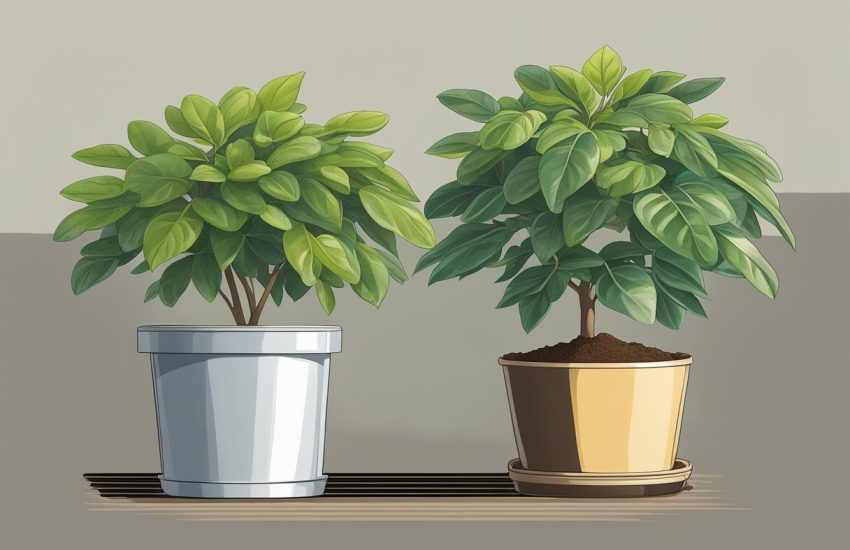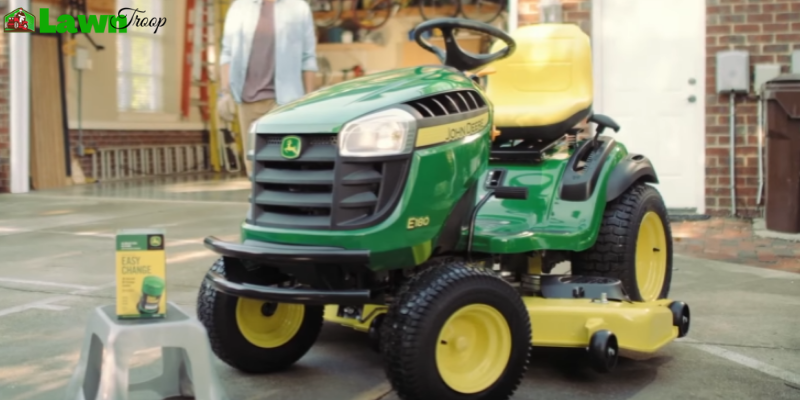Tools Every Nebraska Gardener Needs for Successful Seasonal Growth
Last updated: February 3, 2026
Gardening in Nebraska throws plenty of curveballs—between the unpredictable climate and the wild mix of soil types, it’s never boring. If you want to keep your garden thriving, you’ll need a few trusty tools that can stand up to the challenge.
The essential tools every Nebraska gardener needs include a sturdy shovel, quality pruners, a reliable hoe, and a soil tester to handle planting, maintenance, and soil care efficiently.
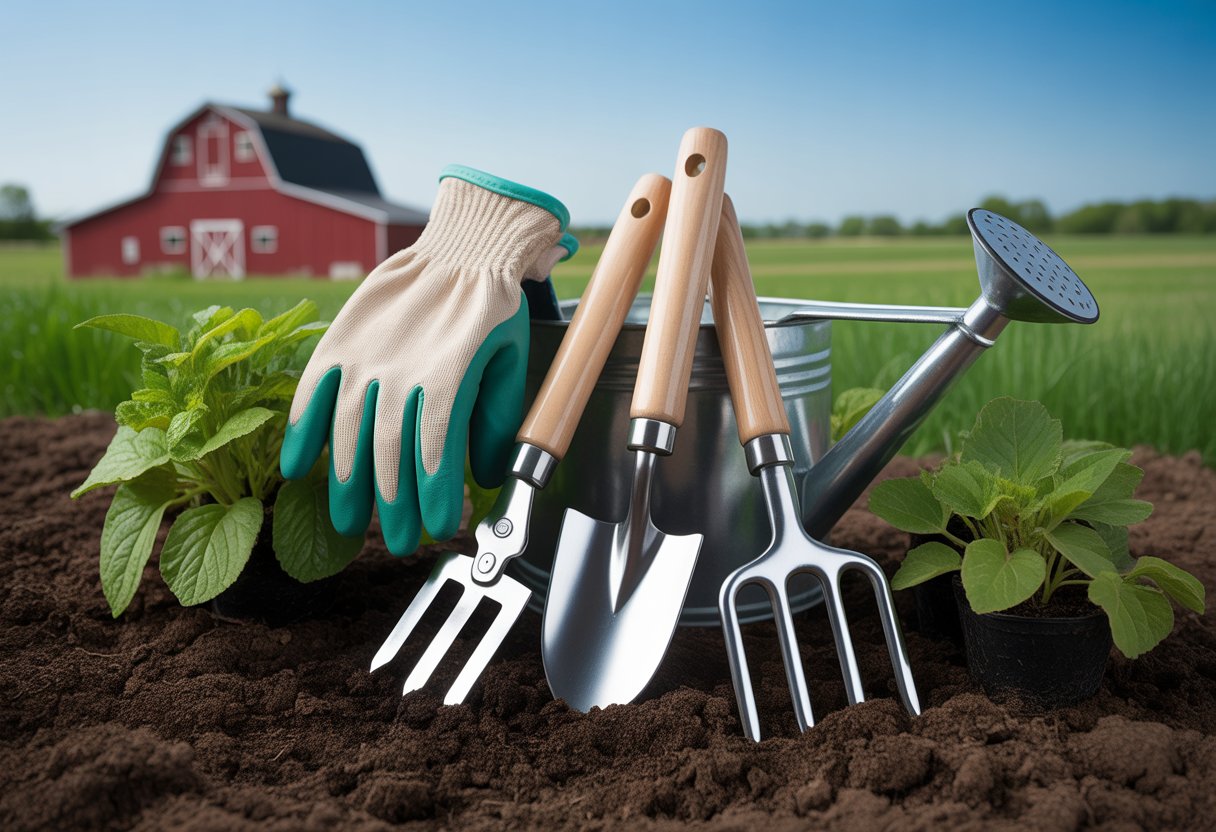
These tools make it so much easier to work with tough prairie soil, wrangle weeds, and keep your plants fed. Without the right gear, gardening can quickly turn into a slog.
Essential Hand Tools for Nebraska Gardeners
Getting anywhere in a Nebraska garden means prepping the soil, pruning with precision, and dealing with some pretty rough terrain. You’ll want tools that can stand up to heavy clay soils and the changing demands of each season.
Trowels and Spades
Trowels come in handy for planting bulbs, moving seedlings, and weeding tight corners. A pointed, stainless steel blade works best for Nebraska’s stubborn, compacted soil—it won’t bend or give up on you.
Spades pick up where trowels leave off, letting you turn and aerate bigger garden beds. A sturdy, flat-edged spade with a solid shaft is a must for clay-heavy ground.
Both tools feel a lot better in your hands if they’ve got non-slip, comfortable grips. No one wants sore hands halfway through the job.
Pruning Tools and Shears
Pruning tools keep plants healthy by cutting out dead wood and shaping shrubs. Sharp bypass pruners make clean cuts on live branches, which helps prevent disease.
Shears, especially with ergonomic grips, are perfect for trimming hedges and small bushes no matter what Nebraska’s weather throws at you. Carbon or stainless steel blades tend to stay sharp, even after a lot of use.
Rakes and Cultivators
Rakes smooth out soil, gather up debris, and level out beds. A flexible steel rake is great for busting up clay clumps in Nebraska gardens.
Cultivators loosen up the soil around your plants, helping air and water get where they need to go. Hand cultivators with strong tines work well for smaller plots.
You’ll want both tools to be rust-resistant—Nebraska weather isn’t exactly gentle on gear left outside.
Durable Gloves
Gloves protect your hands from thorns, blisters, and all the grime that comes with gardening. Nebraska’s soil can be rough, and some plants are downright prickly, so thick leather or synthetic gloves are smart choices.
Water-resistant gloves help during soggy spells. Make sure they fit well, or you’ll just end up with tired hands and less control over your tools.
Soil Preparation and Planting Equipment
Good soil and the right planting tools make or break a Nebraska garden. Adding compost boosts nutrients, and specialized tools help you plant seeds and bulbs exactly where you want them.
Measuring and edging tools keep your plots tidy and organized, whether you’re growing veggies or flowers.
Healthy Soil and Composting
Healthy soil depends on good texture and balanced nutrients. Compost adds organic matter, which boosts water retention and brings in helpful microbes and earthworms.
A solid garden fork or tiller mixes compost deep into your beds. Soil testing kits can tell you what’s missing, especially for crops like tomatoes or carrots.
Turning compost with a pitchfork now and then keeps it breaking down faster. It’s a bit of work, but worth it.
Tools for Bulb and Seed Planting
Bulb planters with adjustable depths make planting tulips and daffodils a breeze. Hand trowels and dibbers help you place seeds exactly where you want them, which gives you better germination.
For veggies, seed trays and labels keep things organized. Seed starting mixes are lighter than regular soil, so they drain well. Small measuring cups or scoops make it easier to handle tiny seeds without spilling them everywhere.
These little things help you keep rows neat and avoid crowding your plants.
Measuring and Edging Tools
Garden rulers and tape measures help you lay out straight rows and keep spacing consistent—pretty important for veggies. If plants are too close, they’ll just fight for nutrients.
Edging tools like sharp half-moon edgers or spades give you crisp lines between beds and paths. Clean edges mean less grass sneaking into your planting areas, and you won’t have to rely as much on herbicides.
Effective Watering Solutions
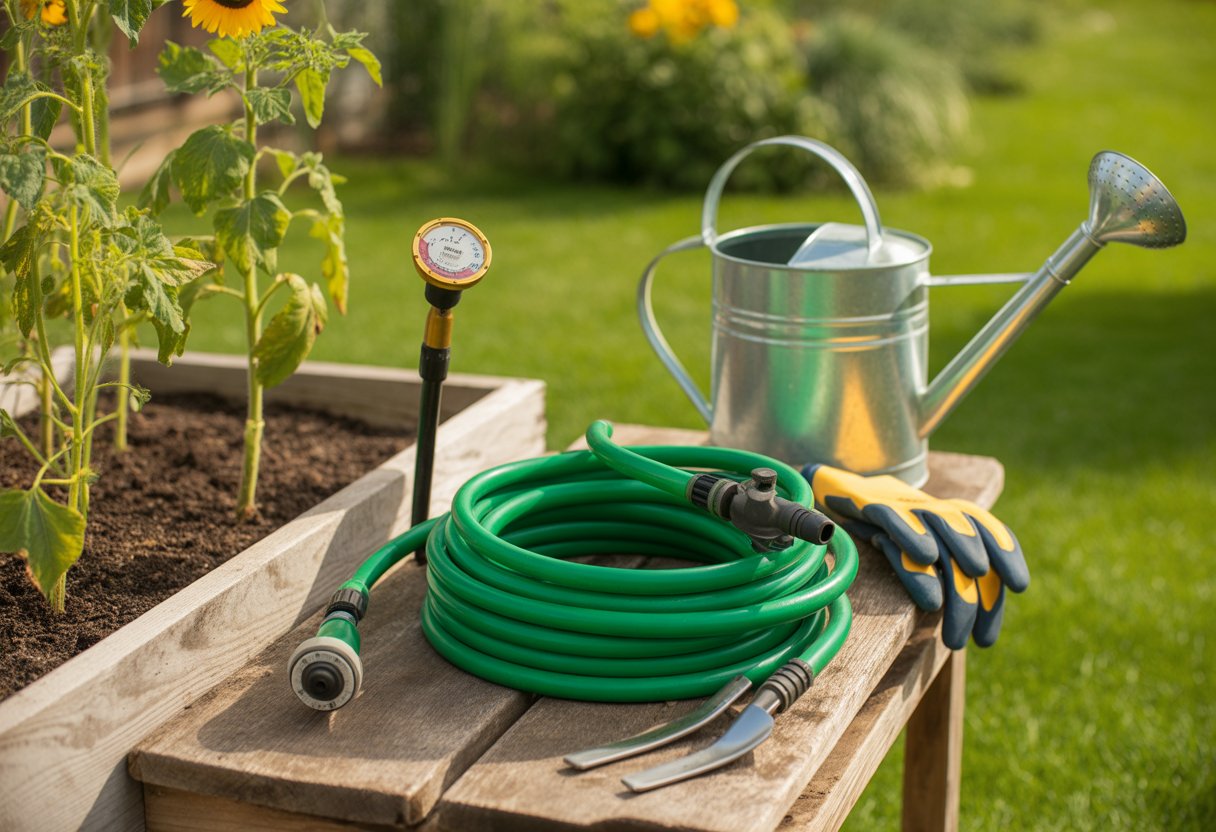
Watering in Nebraska isn’t as simple as it sounds. You need tools that deliver water precisely—wasting water isn’t an option, and neither is underwatering.
Watering Cans and Hose Nozzles
Watering cans let you target delicate plants or containers without blasting them. A can with a detachable rose head gives you options for gentle or strong flow, depending on what you’re watering.
Hose nozzles are essential for bigger spaces. A nozzle with different spray patterns—mist, shower, jet—lets you adjust for the plants and soil you’re working with.
Look for nozzles with comfy, ergonomic handles and easy pressure controls. Your hands will thank you after a long watering session.
Key features to consider:
| Feature | Importance |
|---|---|
| Adjustable spray | Customizes flow for plants |
| Ergonomic grip | Comfort during prolonged use |
| Durable material | Resists wear from UV and water |
Tools for Drought-Tolerant and Rain Gardens
Drought-tolerant gardens really benefit from drip irrigation systems. They deliver water right at the roots, cutting down on evaporation and runoff—super helpful during Nebraska’s dry spells.
Rain gardens need tools to capture and move water where it’s needed. Soaker hoses and rain barrels are practical choices; soaker hoses provide deep watering without flooding, and rain barrels let you store water for dry days.
Recommended tools include:
- Drip irrigation kit with pressure regulation
- Soaker hoses with adjustable emitters
- Rain barrels with spigots for easy watering access
These tools help you conserve water and keep your garden thriving, even when the weather doesn’t cooperate.
Nebraska Garden Pest and Weed Management
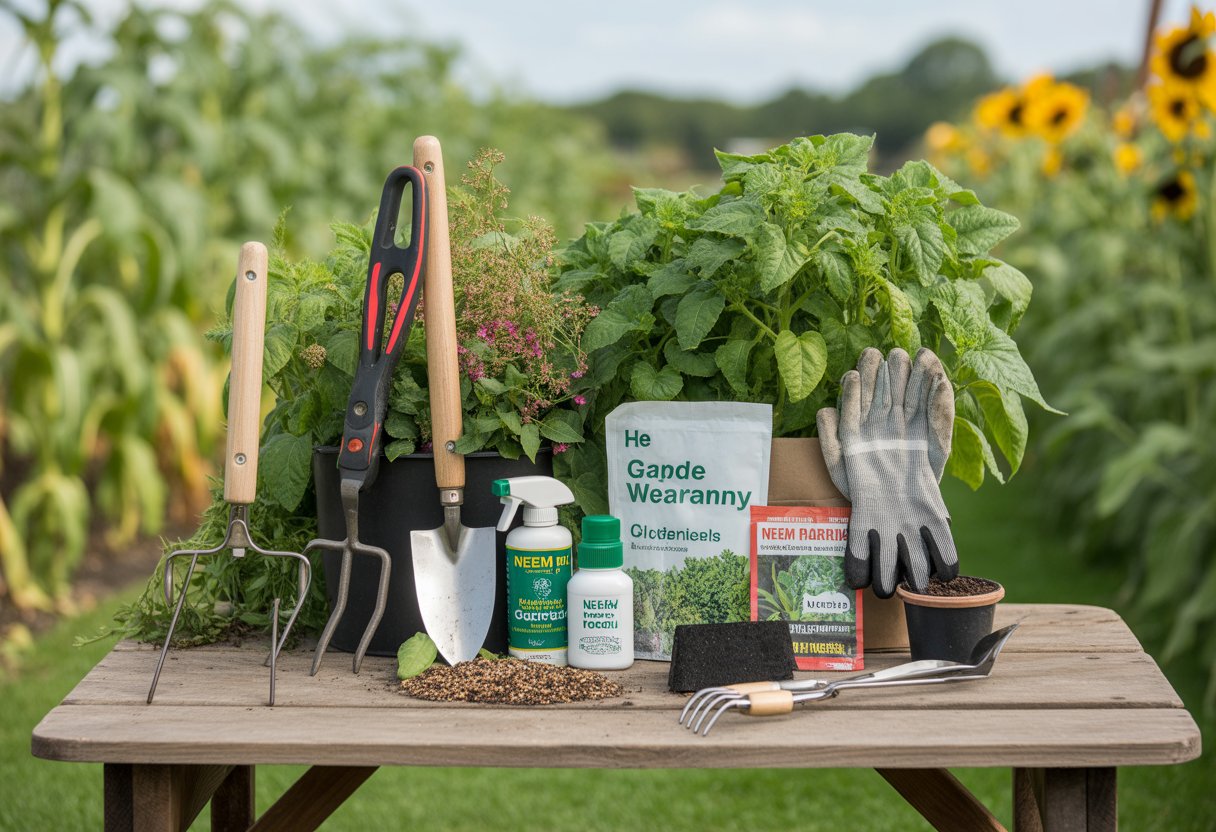
Dealing with pests and weeds in Nebraska takes a mix of strategies. Using the right tools and a bit of know-how, you can protect your plants and keep the soil healthy.
Integrated Pest Control Solutions
Try to blend natural and chemical pest control methods. Use insecticides only when you really need them to avoid resistance problems.
Bringing in beneficial insects like ladybugs helps control aphids and other troublemakers. Sometimes, you just have to get in there with snips or pick off caterpillars by hand—no chemicals required.
Check plants regularly to spot pest problems early. If you do need chemical pesticides, pick targeted ones to protect the good bugs.
Manual and Chemical Weed Control
Weeding is just part of life for Nebraska gardeners. Hand weeding with snips or hoes pulls out weeds without messing up the soil too much.
If you need some backup, selective herbicides can target broadleaf weeds while leaving your crops alone. Timing matters—a little effort early in the season keeps weeds from taking over.
Mixing manual and chemical methods gives you the best shot at keeping weeds in check without harming your garden’s balance.
Practical Garden Journaling
Keeping a garden journal really helps with pest and weed management. You can jot down pest outbreaks, what treatments you tried, and how often you used fertilizers.
When you log specific dates, weather patterns, and plant health, you’re setting yourself up to make better choices next season. It’s wild how much easier weed control and pest prevention get when you have last year’s notes to look back on.
Honestly, a detailed garden journal just makes long-term pest and weed management way more manageable.

